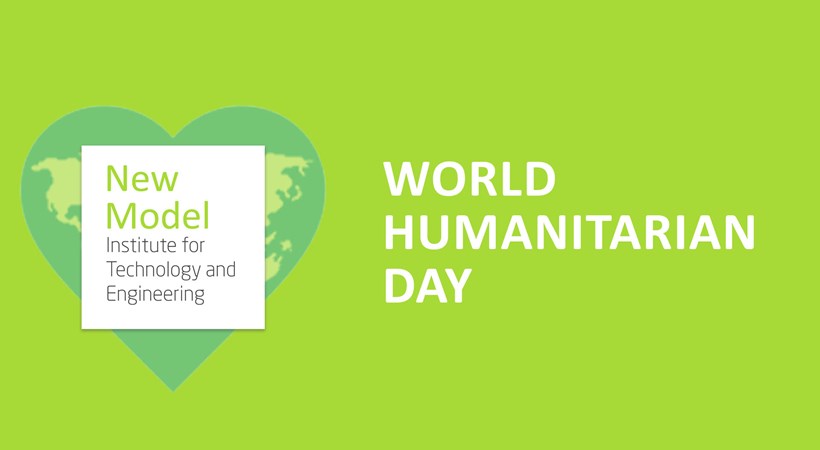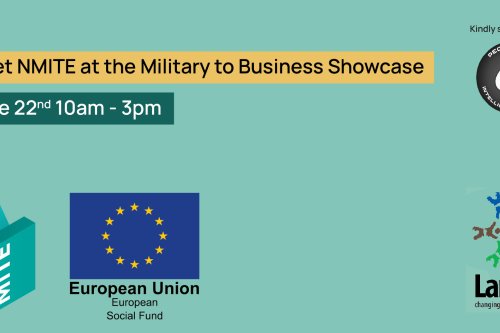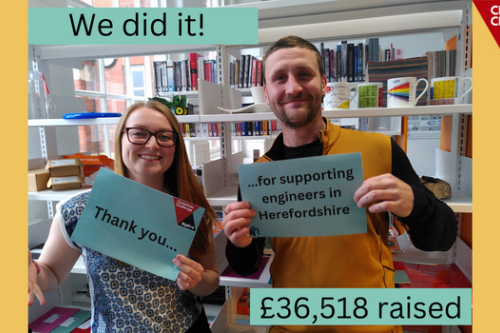It's World Humanitarian Day and NMITE educator, Neil Rogers, has given an insight into his own humanitarian endeavours, how volunteering can provide a sense of worth and well-being to all who partake, and how humanitarianism and engineering must work in sync with one another to address some of the world's most challenging problems.
'Humanitarian Day: how strange, a day to celebrate ‘humans helping humans without expecting anything in return’! I guess we all need prodding now and again to reassess our values and maybe today is that day, myself included.
Volunteering is something I think we should all do at some time in our lives. Surprisingly or not, volunteering not only helps the recipient but it also makes you feel good too: it gives a sense of worth and wellbeing that money can’t buy.
Too often we measure worth of an individual or a country by an economic or financial yardstick, and while wellbeing is talked about a lot these days, it is a long way from taking over from GDP as a measure for society.
I spent 2 years of my life as a volunteer teaching in a secondary school in Sierra Leone, West Africa (at the time the poorest country in the world by GDP measures!).
What did it teach me? Empathy, humility, how to survive with little food, no running water, of course no electricity; living with mosquitos carrying Malaria; very limited health care and watch out for the occasional Cholera epidemic!
Despite all these hardships people get on with their lives, poverty isn’t so obvious ‘up-country’ out of Freetown, subsistence farming is the way of life and if I’m honest many seem more content with their lives than a lot of people in the west who have ‘materially’ so much more.
So as a teacher of Maths & Science I would (and still do) always question the good that can be done by a young white guy from Europe spouting algebra and Ohms Law, teaching western ways to gain ‘western’ GCSE qualifications for what? When maybe the focus of local children should be on other things that benefit their own people and places like farming, building shelters, collecting water or wood etc.
Education will improve Health, reduce child mortality and improve life expectancy. Understanding the science and using renewable energies would reduce the need for unhealthy kerosene to run lights and aid irrigation in the dry season, but there is a lot we can learn by taking a step down off the consumerist ladder and enjoying time with people and nature –volunteering has helped me do just that.
Humanitarian endeavours relating to Health & Energy are two of the four key themes that NMITE will focus on, looking at both national and international challenges and that is why I am here!'







